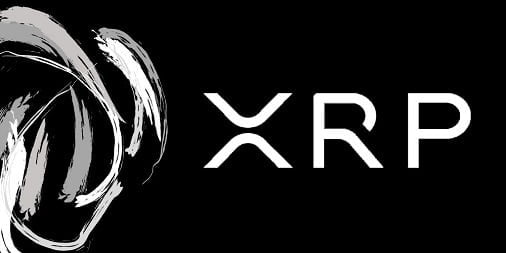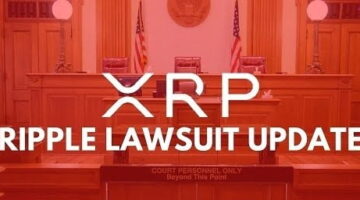Fugger & Jed-i: The secret origins of Ripple (XRP)

There is a mythology that surrounds the origins of bitcoin. An inventor named Satoshi Nakamoto supposedly toiled away in solitude and anger in the wake of the financial collapse in 2008 and created a workable decentralized currency that’s shaken the global financial system and governments around the world.
Bitcoin believers have latched onto that mythology, and they’re almost as rabid as Beliebers – notorious Justin Bieber fans who make cakes for the celebrity on his birthday even though they’ve never met him. That blind allegiance to bitcoin has, in my mind, prevented many bitcoin believers from seeing the potential of the ripple protocol.
It’s time to canonize the origin story around Ripple, too. Ripple was first conceived by Ryan Fugger, a developer out of Vancouver, Canada.
“The financial system is so centralized and the power is in so few hands to issue the money, that seems to be a core problem in the world,” Fugger said in an interview last fall on NewFinNation. “So I spent some time trying to figure out, ‘What can we do about this? And what are some solutions?’ And I came across LETS, which is an alternative currency system developed by Michael Linton in the 80s. The thing that he came up with is that the users of the currency themselves should be able to issue the currency. … I loved that concept and all that I did was take that concept to the next level to make it scale to global size.”
Fugger documented his idea at Ripple Pay and created a self-contained community that operates on a sort of closed-circuit version of ripple at Villages cc.
Fugger would eventually hand the reins for his idea to Ripple.com founder Jed McCaleb, who also founded the Mt. Gox Bitcoin exchange and created eDonkey2000, and CEO Chris Larsen, founder of Prosper.com. A year after Jed founded Mt. Gox, he made a now famous post on BitcoinTalk, wherein he laid out a rough draft for a distributed version of ripple:
“So I’ve been thinking,” he starts off innocently, “bitcoin mining seems like such an unfortunate side effect of the system since it is so wasteful. It will be a bit obscene how much will be spent mining if the network ever gets large. It would be cool to come up with a bitcoin that doesn’t need miners.”
He goes on to sketch out a mining-free bitcoin that works with a central ledger and a consensus model.
McCaleb was so taken with the idea that he hired some developers, founded OpenCoin Inc. and started work turning his idea into a reality. OpenCoin Inc. has since changed its name to Ripple Labs, hired a high-wattage CEO in Chris Larsen (check out our post Top 20 quotes from Chris Larsen), and raised a boatload of cash from prominent VCs in Silicon Valley.
One of Jed’s driving beliefs is freedom from authority and government control. That’s clear not just from his resume, but his words as well. “I do have a distrust of authority,” he told Wired recently. “Or maybe not a distrust of authority, but I really appreciate freedom. I think it’s one of the fundamental things that people need.”
Jed still holds mountains of Ripple’s native currency, XRP, and is likely involved in some capacity, but he’s also looking into new ventures, Wired says, including man-made surf parks and artificial intelligence. It’ll be interesting to see where Ripple goes in 2014. Where 2013 was bitcoin’s year to shine, I think 2014 belongs to ripple.
Relevant news

Do banks work with ripple XRP
Do banks work with Ripple XRP? The question do banks work with Ripple XRP has…
XRP vs SEC Ruling to see XRP on all Crypto Casinos?
XRP vs SEC Ruling: Will XRP soon be available on all crypto casinos? Welcome to…

Integration of Blockchain Technology in The Music Industry
As it stands today, the music industry has gained a reputation for being in chaos…

Covid-19 Corona Virus – Truth or Conspiracy?
Before we start I should point out that nobody in any way should take this…

XRP Embarks On Modest Improvement After Recent Drastic Crash
The movement of XRP has improved substantially after the recent March 12 crash The crypto…

The big Ripple XRP lawsuit update
The biggest update to this nonsensicle lawsuit brought by the SEC against Ripple XRP: Ripple…
